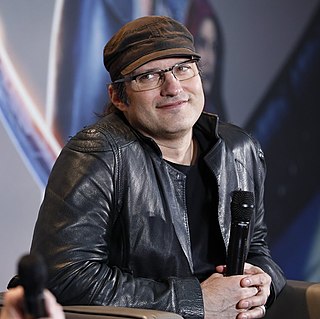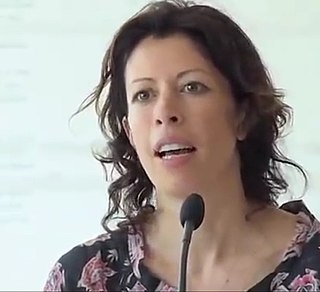A Quote by Gerhard Richter
I want pictorial content without sentiment, but I want it as human as possible
Related Quotes
We want character but without unyielding conviction; we want strong morality but without the emotional burden of guilt or shame; we want virtue but without particular moral justifications that invariably offend; we want good without having to name evil; we want decency without the authority to insist upon it; we want more community without any limitations to personal freedom. In short, we want what we cannot possibly have on the terms that we want it.
Even if leftists were able to get control of every institution they want to destroy, what they want is not possible. The circumstances for life on this planet that they want are not possible to achieve. The closest they can get to it is communism and tyranny where they have to force everybody to live the way they want.
I’m very interested in sublimation. I love the way Francis Bacon talked about the grin without the cat, the sensation without the boredom of its conveyance… I’ve always wanted to be able to convey figurative imagery in a kind of shorthand, to get it across in as direct a way as possible. I want there to be a human presence without having to depict it in full.
Authors and publishers want fair compensation and a means of protecting content through digital rights management. Vendors and technology companies want new markets for e-book reading devices and other hardware. End-users most of all want a wide range and generous amount of high-quality content for free or at reasonable costs. Like end-users, libraries want quality, quantity, economy, and variety as well as flexible business models.
Of course it's possible for political essays to be artful. I just want to call into question the dominance of content over form in the history of the essay. I want us to recognize that there's art involved in making this stuff, because we still don't approach the constructed nature of the essay with the same appreciation that we do poetry or fiction.
Is it not possible to look beyond the canes, the wheelchairs, the braces, and the crutches into the hearts of the people who have need of these aids? They are human beings and want only to be treated as ordinary people. They may appear different, move awkwardly, and speak haltingly, but they have the same feelings. ... They want to be loved for what they are inside, without any prejudice for their impairment. Can there not be more tolerance for differences-differences in capacity, differences in body and in mind?







































